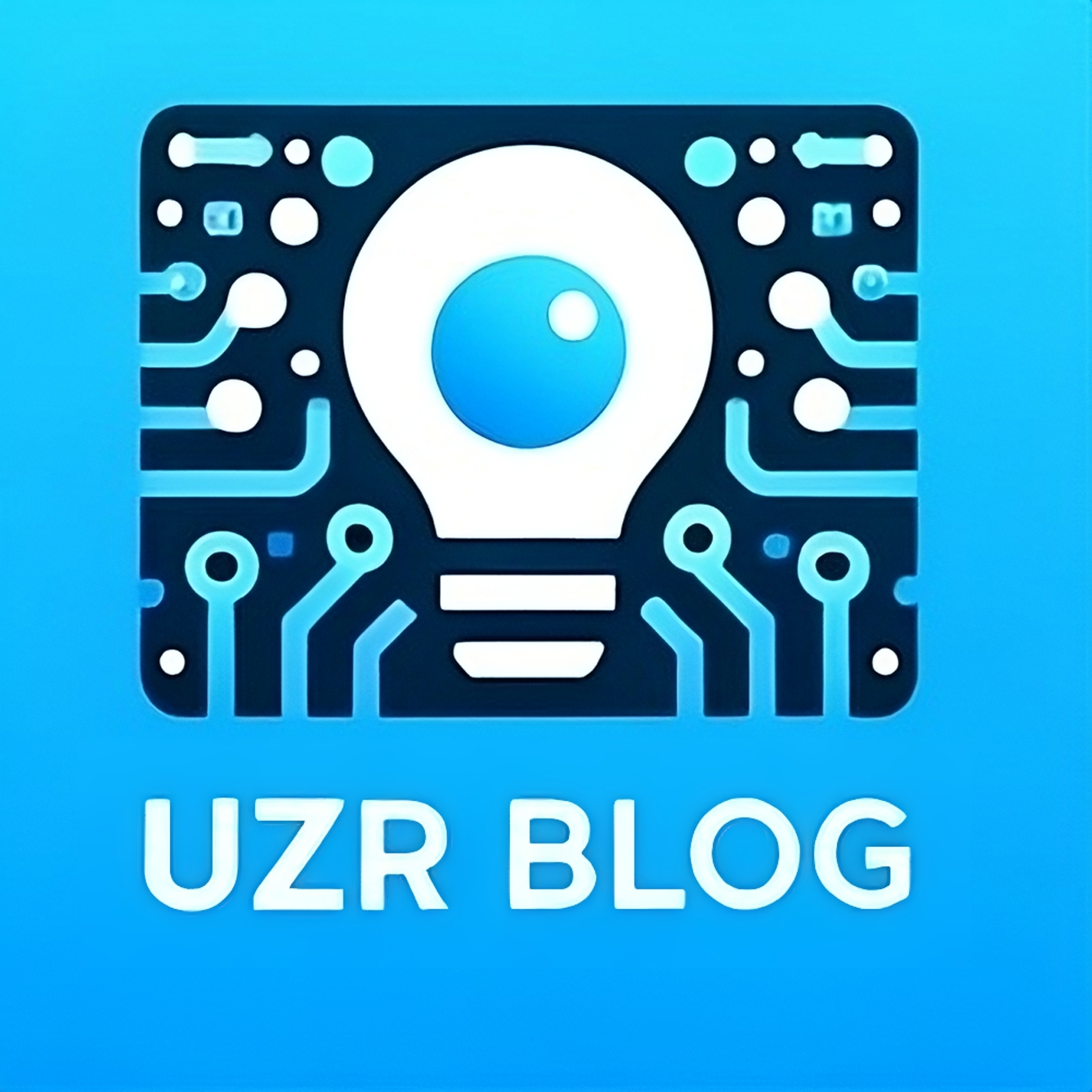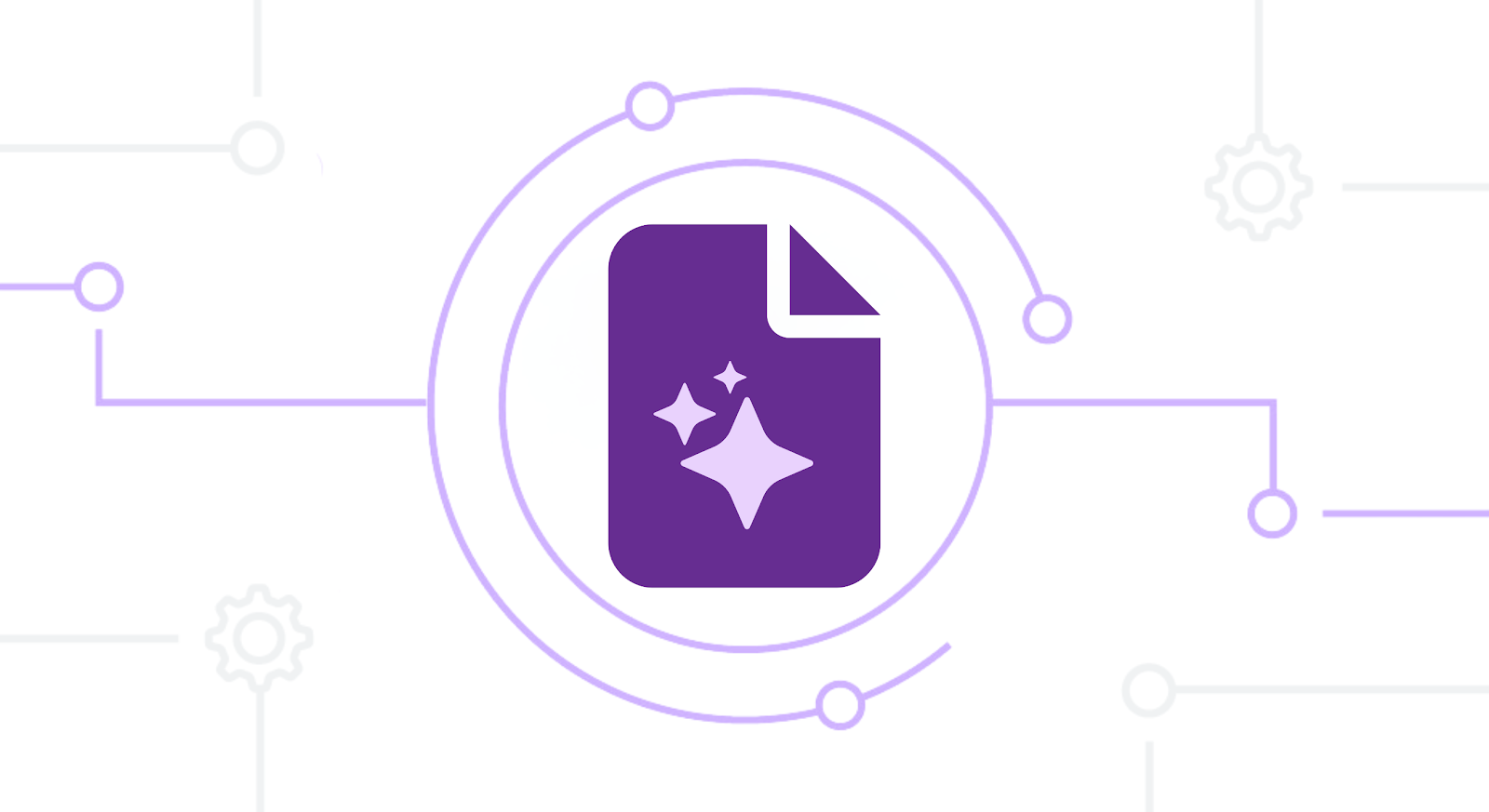In a significant move for cybersecurity, Google has announced the open-sourcing of Magika, an artificial intelligence (AI)-powered tool designed to accurately identify file types. This development empowers defenders with a powerful weapon in their fight against malicious actors, offering enhanced precision and efficiency in detecting potentially harmful content.
Unveiling Magika: AI Revolutionizes File Identification
Traditionally, file identification relies on methods like examining file headers or magic numbers. These approaches, while often effective, can be unreliable, particularly for complex or obfuscated files. Magika, however, leverages the power of AI to overcome these limitations.
Here’s what makes Magika stand out:
- Superior Accuracy: Google claims Magika boasts a 30% overall accuracy boost compared to conventional methods. This translates to a significant improvement in correctly identifying file types, reducing the risk of misclassification and allowing defenders to focus on genuine threats.
- Precision for Elusive Content: Magika shines in identifying “traditionally hard to identify, but potentially problematic content,” such as VBA, JavaScript, and PowerShell scripts. These file types, often employed by attackers, can pose significant security risks, and Magika’s enhanced precision ensures they don’t slip through the cracks.
- Speed and Efficiency: Powered by a “custom, highly optimized deep-learning model,” Magika delivers lightning-fast file identification within milliseconds. This expedites security workflows, enabling defenders to make quicker decisions and respond to threats promptly.
Google’s Open-Source Gambit: Expanding the Cybersecurity Arsenal
By open-sourcing Magika, Google aims to foster broader adoption and collaboration within the cybersecurity community. This approach offers several advantages:
- Wider Accessibility: Making Magika readily available empowers security professionals, researchers, and developers to leverage its capabilities in their endeavors. This can lead to further refinements, integrations, and innovative applications of the tool.
- Collective Intelligence: Open-sourcing fosters collaboration and knowledge sharing, allowing the community to collectively identify and address potential vulnerabilities or limitations within Magika. This collaborative effort can accelerate the tool’s development and effectiveness.
- Transparency and Trust: Open-sourcing fosters transparency and builds trust within the cybersecurity community. By making the underlying code accessible, experts can scrutinize its functionality and ensure responsible use.
Beyond Magika: The AI Debate and the Road Ahead
While Magika represents a significant advancement in file identification, the discussion surrounding AI in cybersecurity extends beyond individual tools. Concerns regarding potential misuse and the ethical implications of AI adoption remain prevalent.
- Weaponizing AI: Malicious actors could potentially exploit AI to develop more sophisticated malware or evade detection mechanisms. Mitigating this risk requires responsible development and deployment practices, alongside robust safeguards and regulations.
- The Human Factor: AI should not be viewed as a replacement for human expertise but rather as a powerful tool to augment human capabilities. Security professionals must possess the necessary skills and understanding to effectively utilize and interpret the insights provided by AI tools.
Google emphasizes the need for a balanced approach towards AI adoption in cybersecurity, advocating for both harnessing its potential benefits and addressing potential risks through responsible development, regulations, and human oversight.
Conclusion: Magika Marks a Milestone, But the Journey Continues
Magika’s open-sourcing signifies a pivotal moment in the cybersecurity landscape. By empowering defenders with an AI-powered tool for enhanced file identification, Google paves the way for more efficient and accurate threat detection. However, the journey towards a truly secure digital future necessitates continuous vigilance, responsible AI development, and collaborative efforts from the entire cybersecurity community.

















